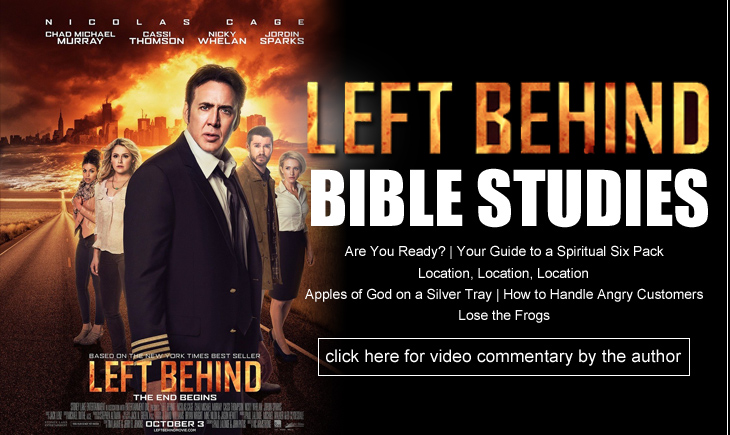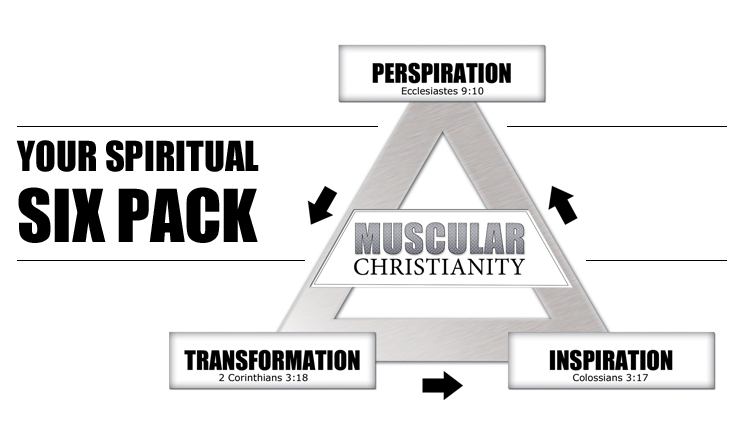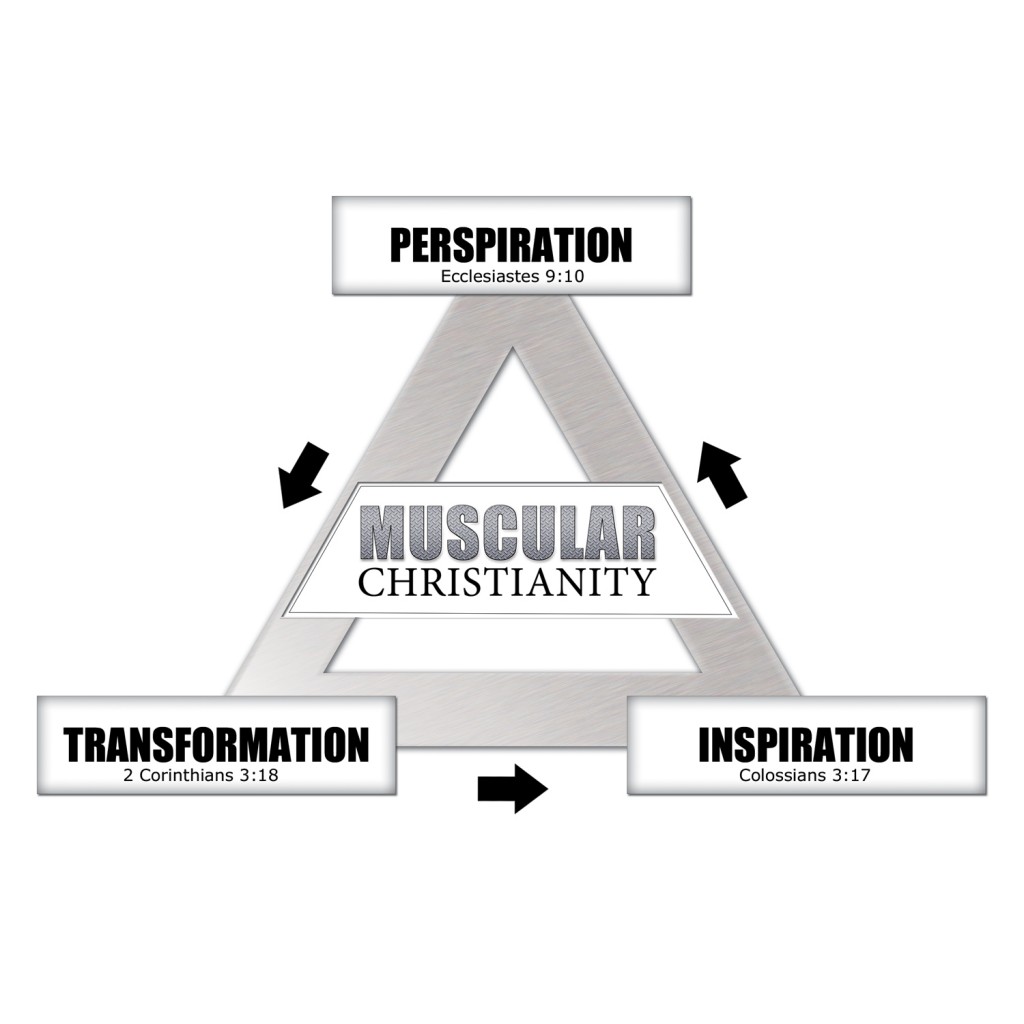 Intro: Remember Jacob Marley?
Intro: Remember Jacob Marley?
He was Scrooge’s partner in “A Christmas Carol.” He comes back to haunt Scrooge at the beginning of the movie to alert him to the fact that he will be haunted by three spirits, all of whom will show him a perspective of his life that will ultimately inspire Scrooge to become a completely different man before the end of the story.
The theme of Christmas is promoted throughout the movie as being a special time. There’s one statement made by Scrooge’s nephew towards the start of the story where he’s been challenged to elaborate on why Christmas represents such a pleasant time of the year. This challenge, made by Scrooge, comes from a heart that weighs everything in terms of gain – much like the stereotypes that are often charged with commercializing Christmas. His nephew responds by saying:
“There are many things from which I might have derived good, by which I have not profited, I dare say,’ returned the nephew. ‘Christmas among the rest. But I am sure I have always thought of Christmas time, when it has come round -apart from the veneration due to its sacred name and origin, if anything belonging to it can be apart from that- as a good time; a kind, forgiving, charitable, pleasant time; the only time I know of, in the long calendar of the year, when men and women seem by one consent to open their shut-up hearts freely, and to think of people below them as if they really were fellow-passengers to the grave, and not another race of creatures bound on other journeys. And therefore, uncle, though it has never put a scrap of gold or silver in my pocket, I believe that it has done me good, and will do me good; and I say, God bless it!”1
I’ve recently encountered some individuals that literally sneer at the notion of Christmas. They lace their criticisms with profanity as though by cussing the strength of their perspective resonates with an even stronger and more compelling tone. In some ways, they remind me of Dickens’ Marley. Weighed down by the burden of their own perspective, theirs is a life of crass cynicism and an obligatory preoccupation with self resulting in a hollow existence and an even emptier eternity.
I hear their rhetoric and I’m immediately challenged to try and respond with something profound. I say “challenged” for two reasons: First off, I’m convinced that there’s a significant chunk of meaning that is absent from their approach to life. A “chunk” that isn’t recovered by anything other than revisiting the spiritual Reality of God and I want to say something that points them in the right direction. Secondly, I’m challenged because the more aggressive side of me gets irritated me that “tolerance” seems to apply to any and everything save a reverent mention of God’s Name. While I want to be an agent of positive change, there’s another part of me that wants to deliver a stinging rebuke that leaves my foul counterpart dazed from the overwhelming effect of my logic.
I’m not sure if I’m capable of either, but I do feel obligated to highlight some things that critics often think or articulate that are simply wrong. There’s more to the Holiday Season than animated specials and traditional melodies. It’s a commemoration of the single most unique birth in the history of humankind. And with that birth came a Remedy and an Answer to a quandary that every human being has. To understand it is life, to miss it is more than tragic. Those are the stakes.
My first thought is – Courtesy:
You may not subscribe to the idea of a Savior being born a baby and Him growing up to redeem all of mankind. But in the minds and in the hearts of many, He is is both Savior and King. He’s not a catch phrase, He’s not a mere tradition – He defines all that is good and worthwhile in a person’s life. So from that standpoint, while you obviously don’t agree, if you have any point to make at all, your best bet is to approach the subject with some kind of respect and polite-ness. The fact that you don’t reveals you as being less than credible and your entire platform is dismissed as a collection of bitterness and frustration and your problem is far deeper than the presence of a mere Nativity scene.
My second reaction is – Common Sense:
Anytime you intentionally include any aspect of the Gospel, you’re inspiring people to be more giving and more pleasant. From a purely historical standpoint, Christ is a model of virtue and selflessness. However you choose to acknowledge Him, be it a purely academic nod of the head to a heartfelt prayer, by doing so you assert something noble into the equation that often inspires the best in people.
Some are quick to point to the way in which the “church” has been the source of suffering and violence throughout history. Two things need to be kept in mind when evaluating the history of the “church…”
- You don’t evaluate a system according to the way it’s abused. Unless a particular action or decision of the “church” can be reinforced biblically, it’s not the “church” that you’re looking at, let alone Christ. Rather, you’re looking at the kind of individuals that are referenced in 2 Corinthians 2:17:
Unlike so many, we do not peddle the word of God for profit. On the contrary, in Christ we speak before God with sincerity, as those sent from God. (2 Cor 2:17)
To continue with our “Christmas Carol” illustration, the Ghost of Christmas Present responds to some of Scrooge’s sarcasm that contains some of the same kind of venom, as far as “Christianity” being an all too common label worn by people revealed to be more concerned with profit than they are Christlike-ness. Take a look:
There are some upon this earth of yours,’ returned the Spirit, ‘who lay claim to know us, and who do their deeds of passion, pride, ill-will, hatred, envy, bigotry, and selfishness in our name; who are as strange to us and all our kith and kin, as if they had never lived. Remember that, and charge their doings on themselves, not us.2
In other words, don’t make the mistake of confusing Christ with those who proclaim to know Him, yet exhibit nothing in the way of actions or motives that could be perceived as consistent with His Character let alone His commands.
- Secondly, apart from specific personalities, the “church” in general is often charged with things like the Crusades, as though these wars were sanctioned by Scripture.
While the Bible doesn’t shy away from the use of military force, bear in mind that the Muslims took over Jerusalem in 638 A.D. It wouldn’t be until 1096 that the Pope would call for the knights of England to liberate the Holy Land. That’s 458 years that the Muslims occupied Jerusalem and no one said anything on the level of a Holy War. Why the sudden change of heart? Was it a revival? Did some clergyman suddenly light up the streets in Constantinople and inspire Alexis the II to make his appeal to Rome? No. The catalyst came in the form of a new presence in Jerusalem, namely the Seljuk Turks. Not satisfied with the conquest of the Holy Land, theirs was an agenda that included the neighboring territories including the Byzantine Empire.3
As a response to the aggressive threat now posed by the Turks, Alexis II reached out to Pope Urban II and it was fear for his own skin that drove Alexis to seek out assistance from the Pope, more so than a desire to reclaim access to the Holy Land. That was a convenient selling point more so than it was the primary motivation.4
In short, the Crusades had nothing to do with the spreading of the Gospel as much as it had to do with the protection of political territory. Money and Power was at the root of the Crusades, not Forgiveness and Grace.
As a critic, your best Source is God Himself and not those who supposedly represent Him while simultaneously carrying out acts that are contrary to His commands. In the words of Christmas present, “charge their doings on themselves, not us.“
Final point: Comparison
In his book, “How Should We Then Live Live, ” Francis Schaeffer makes an excellent case for how “freedom without chaos” is best arrived at when man processes himself as subordinate to Divine elements. It’s when man makes himself God, and the arbitrator of what it is that constitutes moral absolutes, that tyranny and any one of a number of atrocities abound.5
If one were to proceed from that line of logic, the next question is “Which of my religious options constitutes the best one?” The answer to that question would be determined by which religious school of thought answers life’s most critical questions in the most comprehensive manner.
Christ stands apart from all other options in that while others claim to represent God, only Jesus claimed to be God Incarnate. He then went on to prove His claim to deity by dying and coming back to life (Matt 12:40; Lk 24:25-27). Not only did He validate His claims, but He also validated His Message of loving others as one loves himself and any one of a number of virtuous tenants that benefit society.
However you choose to process all of this spiritually is your choice, but from a purely empirical standpoint, you have an enormous amount of evidence to consider as far as that which substantiates the claim that the more like Christ a person strives to be, the more amicable, the more productive and the more beneficial to others that person becomes.
Again, there’s a huge difference between “religion” and true Christianity. You’re no more a Christian by walking into a church than you are a hamburger by walking into McDonalds. Jesus used the illustration of a fruit tree in that you could tell the kind of tree it was based on the fruit it yielded (Lk 6:43-45). And while your outward behavior is important, the Ultimate Litmus Test for your belonging to Christ is whether or not His Spirit lives in you (Rom 8:37). You can “pose” all day long, but what’s contributed more to the notion that “religion” is detrimental to society are the actions of those who’ve proclaimed Christ while simultaneously prosecuted an agenda that had absolutely nothing to do with the Gospel, let alone the Person of Jesus Christ.
Compare what’s out there, but when you compare ensure that you’re looking at Christ Himself and not those who claim to represent Him, yet champion nothing and no one other than themselves.
Conclusion
To maintain the idea that the whole of life can be explained and processed according to a purely humanistic point of view is to mandate the inclusion of imaginary numbers and theoretical values.6 In addition, you have to maintain an illogical tenacity when it comes to overlooking the state of man that is in place whenever God and the Absolutes He brings to the table is dismissed in favor of a humanistic worldview. At that point, justice and morality give way to whims, moods and trends. Without a transcendent Absolute, everything is relative, nothing has value and any defense of such an approach is easily dismantled by saying “That may work for you, but that’s not the way I see it.” Without a bottom line, every assessment is valid and nothing is neither right nor wrong.
“Christ’s Mass” – a church service set aside to commemorate the arrival of the Messiah. If something as pure and noble as the foundation upon which Christmas is built can somehow be twisted into a reason to be crass, you’ve got a substantial weight bearing down on you. In the words of Marley, it is a “ponderous chain.”7
The good news is that it’s a choice and like Scrooge chose to adopt a more spiritually mature perspective, you have the same option. Nobody just all of a sudden determines to loathe the cross. Somewhere, somehow you got damaged and your outlook now is tainted by a bad experience that has left a collection of profound scars. But there’s One Who has more scars than you and He’s earned the right to be heard over the din of those who’ve misrepresented Him.
Listen to Him and God bless us, everyone!
1. “Goodreads”, “Christmas Carol Quotes”, https://www.goodreads.com/work/quotes/3097440-a-christmas-carol, accessed December 25, 2014
2. Ibid
3. “Wikipedia”, “Alexios I Kommenos”, http://en.wikipedia.org/wiki/Alexios_I_Komnenos, accessed December 26, 2014
4. “Essential Histories: The Crusades”, David Nicolle, Osprey Publishing, Oxford, UK 2001, p13
5. “Wikipedia”, “How Should We Then Live”, http://en.wikipedia.org/wiki/How_Should_We_Then_Live%3F, accessed December 28, 2014
6. “The Case for a Creator”, Lee Strobel, Zondervan, Grand Rapids, MI, 2004, p101
7. “You are fettered,” said Scrooge, trembling. “Tell me why?” “I wear the chain I forged in life,” replied the Ghost. “I made it link by link, and yard by yard; I girded it on of my own free will, and of my own free will I wore it. Is its pattern strange to you?” Scrooge trembled more and more. “Or would you know,” pursued the Ghost, “the weight and length of the strong coil you bear yourself? It was full as heavy and as long as this, seven Christmas Eves ago. You have laboured on it, since. It is a ponderous chain!” (“A Christmas Carol,” http://www.stormfax.com/1dickens.htm, accessed December 8, 2010)

























You must be logged in to post a comment.